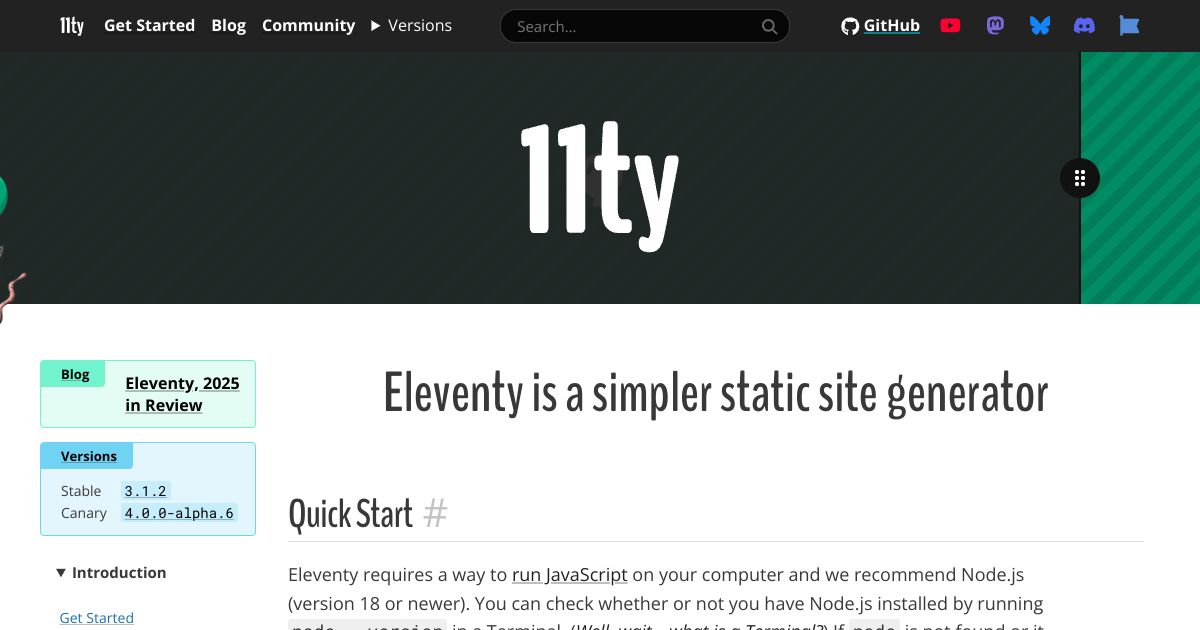I recently read through the Inclusive Language Guide put out by the Academy Software Foundation (part of the Linux Foundation).
I think this is a great guide, and I went back to it today to check myself on a term I regularly use, but is specifically singled out in this guide as being ableist. The phrase is "sanity check". I assume the ableist implications here are obvious, so I wont' go into that.
But I'm having trouble with an appropriate alternative. The alternatives suggested in the guide (validation check, consistency check, logic check, gut check) don't quite match up for me.
I would normally use this phrase like this: "Hey, Vanessa, could you have a look at my code? I think I've got everything here, but something is bugging me about it; could give me a sanity check?" Everyone I work with understands that usage. By it, I mean, "Can you make sure that I didn't miss something obvious?"
For now, I think I'm just going to say that: "Can you make sure that I didn't miss something obvious?" But it's pretty wordy, and I'd like to find a more concise way to say that that would be easily understood by other developers without having to use all of those words.
Any suggestion?
#AskMastodon #AskFedi #AskFediverse #BoostsWelcome #Inclusion #StayWoke
I'm looking for some advice, maybe just a sharing of experiences. I'm thinking about changing careers, but not sure how to do it.
Let me give some background.
I'm finding lately that I'm not very happy with my career. I never intended to become a web developer. It just kind of happened. I do enjoy programming, but it's something I enjoy more as a hobby than a job. Nevertheless, I've been doing it full time for close to twenty years now. I'm also good at it, and am regularly praised by my coworkers for my work. And I make good money doing it. (And that's important to me.)
But I have a degree in theater. I thought I might be an actor when I was younger. I'm also good at that, but haven't done it for years. I miss doing things that are more creative. I miss acting.
I thought I might be able to find time to do other things in my non-work time, but honestly, I don't really have much time in my non-work time. My wife says she'd support me doing community theater or something like that. But, we've got four kids under the age of 15 (3 of whom are under 10), and three of them have ADHD, so they're a handful. If I were spending several hours a few days a week for a couple months at a time away from my family, I'd feel guilty, and wouldn't enjoy it.
So, I've thought maybe I could consider an actual career change.
But, I don't really know how I'd do it. I feel like if I tried to change careers, I'd have to take a huge pay cut (not an option at all), and who knows if I'd actually be any happier. I'm not even sure what I would do yet. I just know that I'd really like a change.
Has anybody on here tried a career change? Did it work out? Were you able to maintain close to your same salary? Any advice or thoughts on the process?
#AskMastodon #AskFediverse #AskFedi #CareerAdvice #JobAdvice #BoostsWelcome
Question for anybody who knows about living and working in Japan.
Is ¥10 million a reasonable annual salary to support an entire family of six in Tokyo? Especially for someone used to making more than two and a half times that in the US?
#AskMastodon #AskFediverse #Japan #BoostsWelcome #PleaseBoost
Can someone explain to me when the Republican Party switched from being about small government to supporting authoritarian rule?
I'm not crazy, am I? Those are two fully incompatible ideologies, right? Like, 200 executive orders in a single day, and dozens every day for the following week doesn't exactly scream small government to me. It screams massive government overreach, from my perspective.
Am I misunderstanding something?
And when did it happen? Did Reagan do it? Did he start it and it happened gradually? If I were a student in a world history class in Europe in 2090, how would that teacher explain this?
#HelpMeUnderstand #AskFedi #AskMastodon #USPol #USHistory #USGovernment
I'm looking for CMS recommendations, including possibly a headless CMS with a statically built site (I'm actually leaning in that direction).
In the past, I would normally just use #WordPress, but with the latest #WordPressDrama, I'm honestly concerned about its future.
The project I'm working on is for my Church. It's not for a single congregation, though. It's a regional thing serving ten congregations across the South Houston, Texas region. Not a huge amount of traffic, but not inconsequential.
Here are some basic requirements. I need it to support multiple users, with role based access. I need some amount of extensibility, as I plan to build out more features over time, including notifications of new content being pushed out to various destinations (SMS, mobile push, etc.). I haven't discussed with the church leaders what the budget is, but I imagine minimizing costs would also be a need. Localization will also be a concern. Seven of the congregations are English-speaking, two are Spanish, and one is Mandarin. So being able to have some content available in all three languages would be beneficial.
Any customization will be built by me, so, a language I'm familiar with, or can reasonably easily learn would be good. So, PHP, go, or node are the best options.
The site will host a few different things. It will serve as a directory of resources for folks with various needs. It will also serve as a hub for announcements.
Right now, I'm looking at a Directus headless CMS, hosted probably on AWS or DigitalOcean, and probably an Eleventy generated site, probably hosted on Netlify or Vercel. But, I'm certainly not married to the idea. And I still haven't completely ruled out just using WordPress, or perhaps even ClassicPress.
It's been so long since I've set up a content-driven site (aside from my own personal sites, which just use hugo), that I'm not sure what the best options are nowadays. Suggestions for hosting are also appreciated.
#WebDevelopment #AskFedi #AskFediverse #AskMastodon #BoostsWelcome #PleaseBoost
Finally set up a personal @[email protected] instance. I can't believe it's taken me so long to do this. Such an easy set up.
I've got two questions, though, if anybody knows.
First, I've got some repos that are hosted on both my ForgeJo, and GitHub. I've noticed that GitHub Actions defined in .github/workflows are picked up by ForgeJo Actions. I don't really need them running both places. Can I disable Actions from running from .github, and only have them run from .forgejo?
Next, I want to automatically mirror some branches of some of my repos, but not all of them. So, when I push to certain branches in my ForgeJo, they'll be automatically pushed to other repos that I specify. I see how to set up the mirror settings, but it seems to be all or nothing. I suppose I could set up some standard git hooks to do this, maybe in post-receive, or use an Action, but if there's a built-in way, I'd love to do that. If there's not, if anybody has experience with the post-receive hook, I'd love some tips.
One of my coworkers, during a meeting, just accidentally misgendered another coworker who's non-binary. They gently corrected the mistake and moved on, which was fine, but the manner of misgendering made me wonder how best he should've addressed them.
He was trying to give them a compliment on their new haircut. What he said was "Girl, you're rocking that look!"
They corrected him saying, "Not girl, 'they', but in response to your other question ..."
If they were a woman, "Girl!" would've been a culturally appropriate way to address them in this circumstance. If they were a man, "Dude!" might've been more appropriate. So, what's the appropriate (at least in the US) non-binary alternative in this circumstance? Obviously, he could've just used their name, which would've worked well enough, but doesn't quite carry the same weight as the gendered alternatives.
I need the Internet to settle an argument.
Is banana bread bread or cake?
#BoostsWelcome #PleaseBoost #AskFedi #AskFediverse #AskMastodon
-
Bread 64% (25 votes)
-
Cake 33% (13 votes)
-
Other (leave a comment) 2% (1 votes)
I've got a a #Mastodon / #ActivityPub question.
I understand how self-verification works in Mastodon.
But I'm trying to figure out how the federation of it works. In other words, how does instance A know which links are verified for a profile on instance B.
When I look at the AP profile (curl masto.tld/users/jimmy -H 'Accept: application/activity+json'), I get something like:
{
"attachment": [ {
"name": "Personal Site",
"type": "PropertyValue",
"value": "<a href=\"https://something.tld\" target=\"_blank\" rel=\"nofollow noopener noreferrer me\"
><span class=\"invisible\">https://</span><span class=\"\">
something.tld</span><span class=\"invisible\"></span></a>"
}
]
}
But I don't see anything anywhere else in the JSON that indicates that that value is verified.
Is there a separate endpoint to check that?

